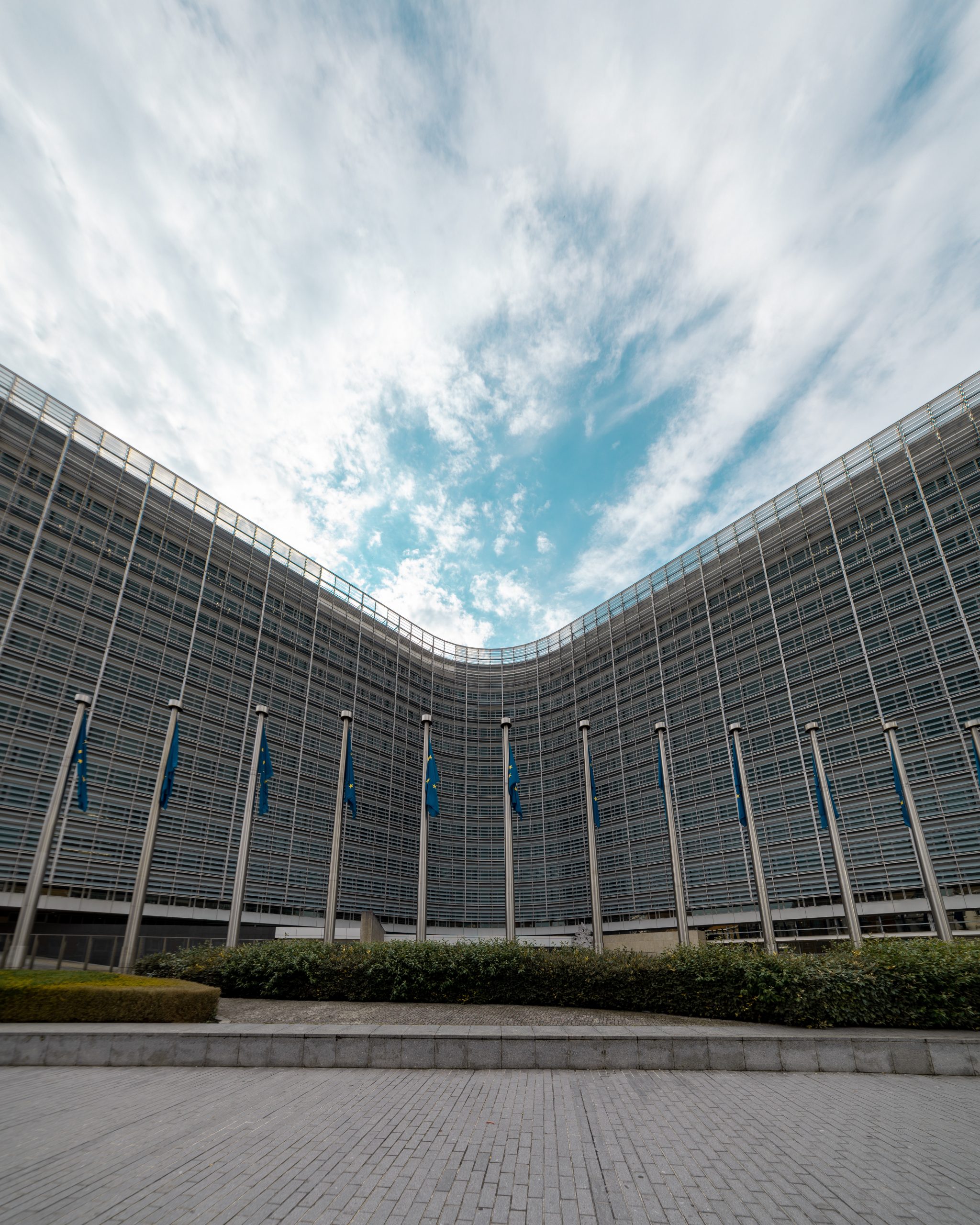SOURCE: SHEARMAN & STERLING
On March 10, 2021, the European Parliament adopted a resolution calling for mandatory human rights, environmental and governance due diligence standards across the value chain for companies operating in the EU internal market (the “Resolution”).[1] The Resolution was accompanied by an annex setting out recommended text (the “Recommendations”) for a Directive on Corporate Due Diligence and Corporate Accountability (the “Directive”), for consideration by the European Commission. The Commission has announced that it will submit a legislative proposal for the Directive later in 2021.
If adopted, all EU Member States will be required to implement the Directive into their national laws. This will result in substantive due diligence requirements being imposed on companies, whether based in the EU or selling their products and services into the EU, across their entire value chain, with potential sanctions for non-compliance.
This latest development arrives in the context of a significantly enhanced focus on environmental, social and governance (ESG) issues at the EU level. It follows, for example, the entry into force on January 1, 2021 of the EU Conflict Minerals Regulation, requiring EU-based importers of tin, tantalum, tungsten and gold to perform due diligence across their supply chains to ensure that they meet international responsible sourcing standards,[2] as well as the phasing in, starting March 10, 2021, of the EU Sustainable Finance Disclosure Regulation (SFDR).[3] A cornerstone of the European Commission’s Action Plan on Sustainable Finance, the SFDR imposes on EU fund managers and certain non-EU fund managers heightened due diligence and reporting requirements with respect to the sustainability impacts of investment decisions.[4]
